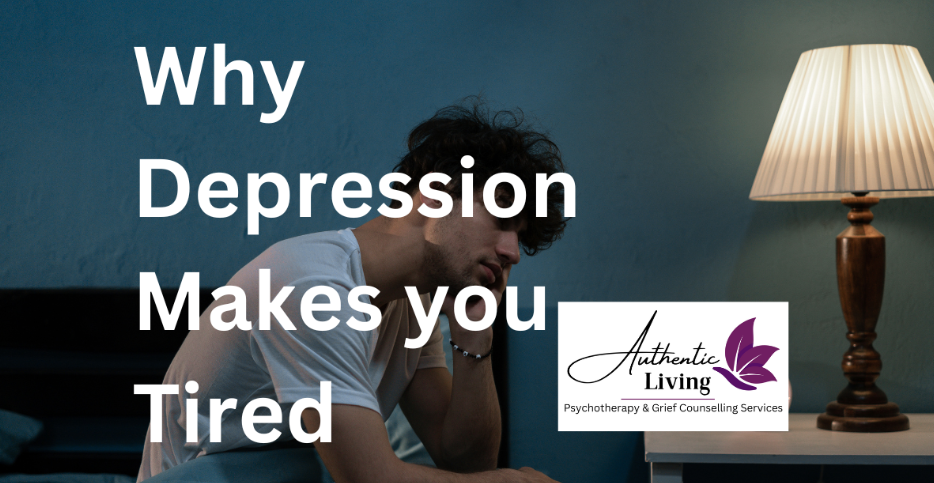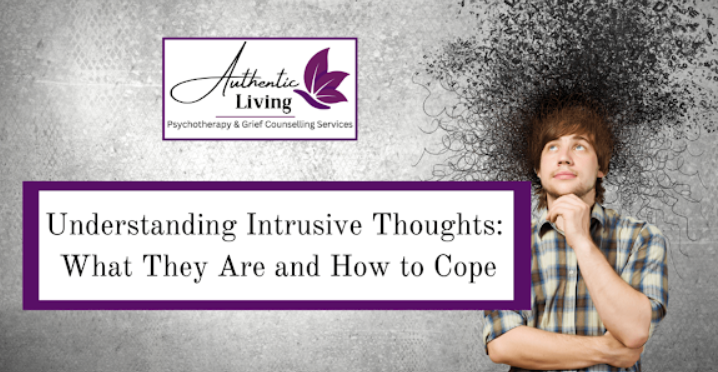Why Depression Makes you Tired
- Aug 10, 2025
- 4 min read
Feeling tired is one of the most common and exhausting symptoms of depression. It’s not the kind of tiredness that disappears after a good night’s sleep; it can feel like a deep, unshakable heaviness that makes even small tasks feel overwhelming.
But why does depression make you so tired? In this blog, we’ll explore the science and emotional factors behind this fatigue and how to start reclaiming your energy.

The Link Between Depression and Fatigue
Depression doesn’t just affect your mood; it impacts your entire body. Fatigue can come from several overlapping causes:
1. Changes in Brain Chemistry | Your brain uses chemical messengers called neurotransmitters to help control mood, sleep, motivation, and energy. When someone is depressed, the levels and balance of neurotransmitters like serotonin, dopamine, and norepinephrine can be off. That matters because:
Depression can also affect stress hormones like cortisol; your body may either stay in a high-alert state or become underactive. Both patterns use up energy and leave you feeling drained. Some people also experience low-grade inflammation that changes how brain cells work; this inflammation can further contribute to fatigue. What helps: talk with a doctor or psychiatrist about medical options; therapy can support coping and change brain patterns over time; consistent sleep, gentle movement, sunlight, and nutritious food all support healthy brain chemistry. |
2. Poor Sleep Quality | Depression often disrupts sleep in ways that make rest less restorative. You might:
This happens because depression can alter how your brain cycles through sleep stages; restorative deep sleep and REM stages may be shortened. Nightmares, restlessness, or physical discomfort can also fragment your sleep, so your body and brain never fully recharge. What helps: practice sleep hygiene (regular bedtime, no screens for an hour before bed, cool/dark room); take short naps only if needed; limit caffeine and alcohol; cognitive-behavioural therapy for insomnia (CBT-I) can be highly effective; see a clinician if sleep problems persist. |
3. Physical Stress on the Body | Depression does not only live in your thoughts; it creates physical stress too. Chronic emotional strain can raise the body’s stress response and increase inflammatory chemicals. This may cause:
Over time, your body’s systems get taxed; energy production slows and even simple tasks feel physically heavy. What helps: see a doctor to rule out other physical causes (like thyroid issues, anemia, or vitamin deficiencies); incorporate gentle, paced activity to reduce muscle tension; make anti-inflammatory lifestyle changes such as balanced nutrition and better sleep; practice relaxation techniques like progressive muscle relaxation, deep breathing, or gentle yoga. |
4. Emotional Overload | Depression makes emotional work more exhausting. Constant negative thinking, rumination, guilt, or worry uses up cognitive energy. Making even small decisions can become tiring, and social interactions may feel overwhelming. It is like carrying a heavy emotional backpack all day; even when you are not physically active, your brain is working overtime. What helps: simplify choices, delegate where possible, build small predictable routines, and use grounding techniques during moments of high stress (for example: notice five things you see, listen for two distinct sounds, feel your feet on the floor). Therapy can teach skills to manage rumination and reduce emotional drain. |
5. Reduced Physical Activity | When you move less, your body adapts by lowering physical fitness and stamina. Muscles get weaker, circulation slows, and energy systems down-regulate. This often creates a cycle where low activity worsens fatigue, which then leads to even less movement. Physical activity also boosts mood chemicals like endorphins and supports better sleep; without it, you miss these natural energy enhancers. What helps: start small; try a five-minute walk, gentle stretching, or even repeated sit-to-stand movements from a chair. Gradually increase your activity over time. Behavioral activation — scheduling small, achievable activities — can break the cycle and help restore your energy. |
The Interaction of Factors
These causes do not usually act alone; they feed into one another. Poor sleep worsens brain chemistry; low activity increases inflammation; emotional overload steals energy needed for movement. This is why a combined approach often works best; one that includes medical support, therapy, gradual activity, sleep work, and practical daily supports.
How to Cope with Depression Fatigue
While depression-related fatigue can be persistent, small steps can help you regain energy over time:
Create a gentle daily routine.
Move in small ways, even on difficult days.
Eat balanced meals and stay hydrated.
Prioritize sleep quality, not just quantity.
Seek professional help early; you do not need to wait until you “feel better” to get support.
Working with Sandra Graham
At Authentic Living London, Sandra Graham is a compassionate therapist who understands how deeply depression can affect your energy, motivation, and quality of life. She works collaboratively with clients, offering both practical coping tools and a safe, non-judgmental space to process difficult emotions.
Sandra helps you address both the emotional weight of depression and its physical effects, supporting you in gradually restoring balance and energy to your life. If fatigue is keeping you from living the life you want, Sandra can help you take the first steps toward recovery, at your own pace.











Comments